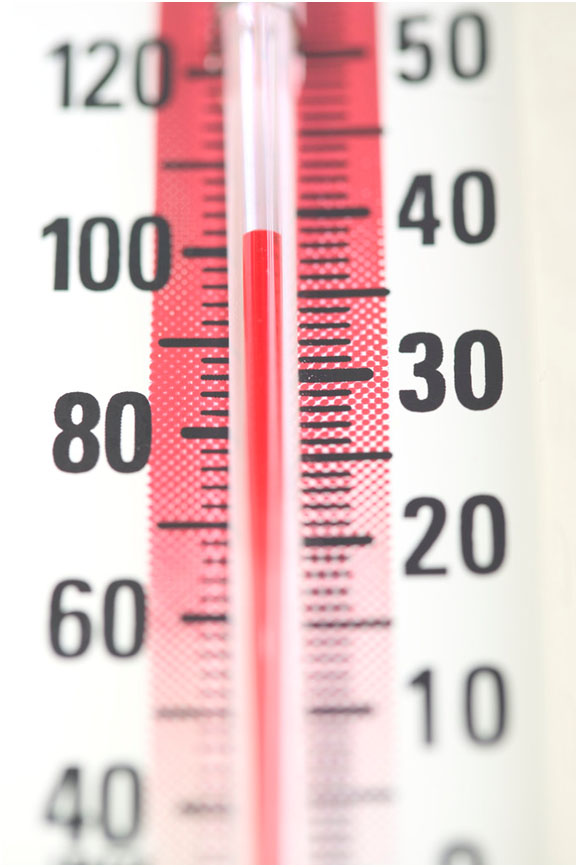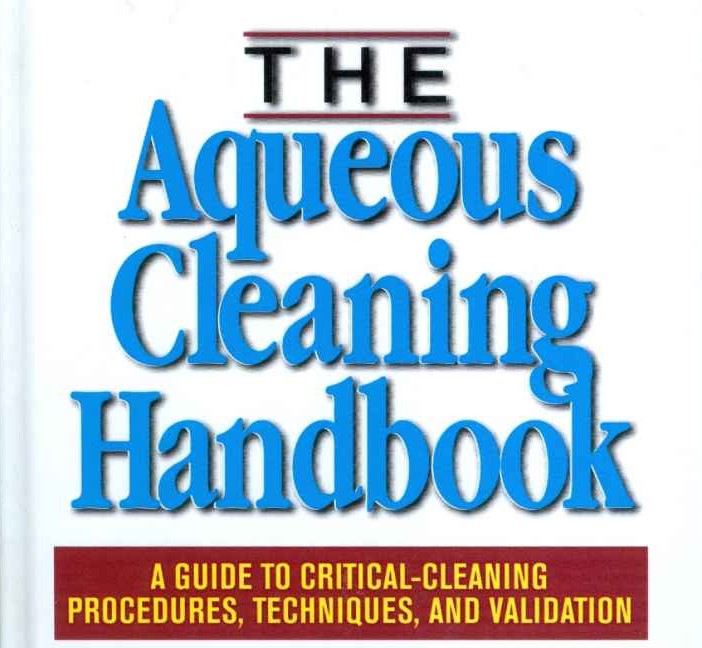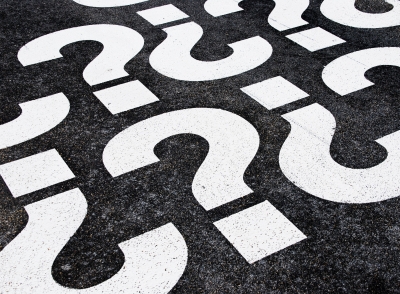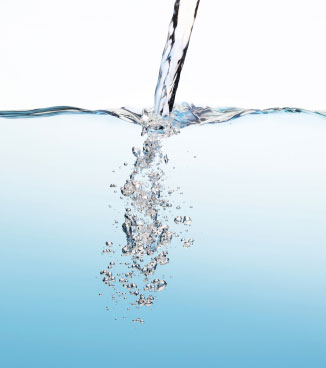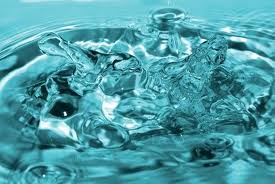Recommended Liquinox cleaning temperature
Q: We use your product to clean residual contamination off the surface of mixed metal boards. We are currently using 1% Liquinox in DI water at 50°C. Can you please comment on Alconox’s recommendation for a cleaning temperature? Is 50°C…
Forward to the Aqueous Cleaning Handbook
Q. Who wrote the forward of The Aqueous Cleaning Handbook?
A. The forward of The Aqueous Cleaning Handbook was written by Dr. Carole LeBlanc of the Toxics Use Reduction Institute at the University of Massachusetts . . .
Ask Alconox
Q. How do I ask Alconox a question via the internet?
A. Have questions for Alconox? We’ve got answers! Please ask our technical support team at Ask Alconox.
Alconox Aqueous Cleaner
Aqueous means water. A water-based or aqueous cleaner is a cleaner that increases the ability of water to clean. An aqueous cleaner uses blends of detergent compounds with surface active agents together with other cleaning chemicals that use detergency to lift soil from a surface by displacing it with surface active materials that have a greater affinity for the surface than for the soil. Water, considered by many to be the “universal solvent,” is an important component of aqueous cleaners because it dissolves many types of soils. Water—municipal tap water, deionized or distilled water depending upon the cleaning application—also functions as a carrying medium for detergent compounds.
All Rinse Water is Not Created Equal
The wrong quality of rinse water can leave rinse water residues on rinsed surfaces. The last thing to touch the surface before drying is the rinse water. Which means, whatever is in the rinse water can be deposited on the surface . . .
